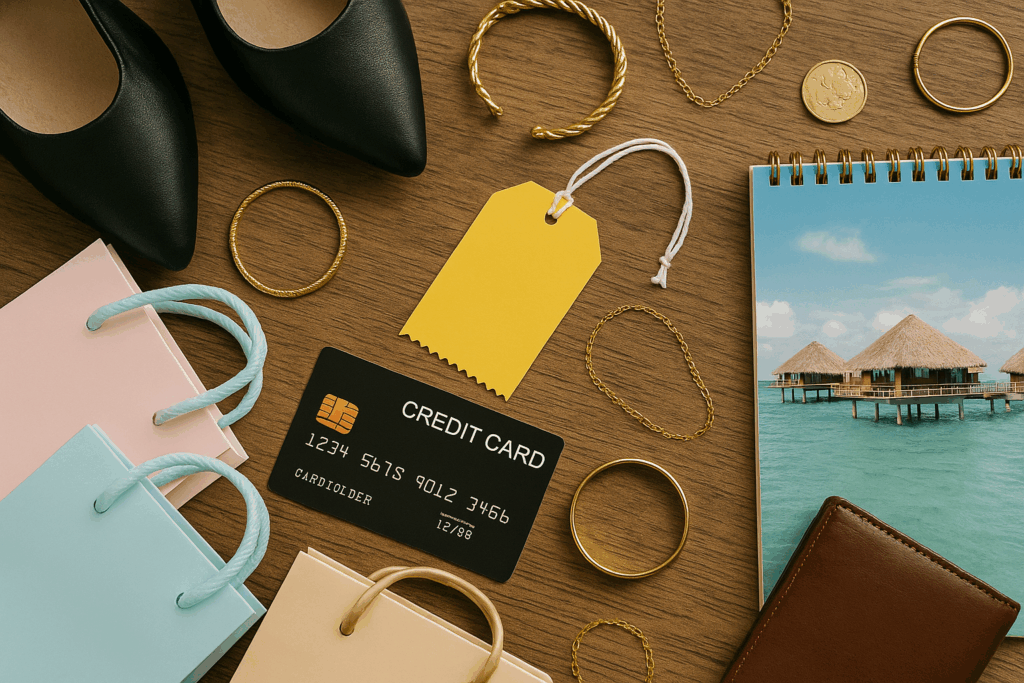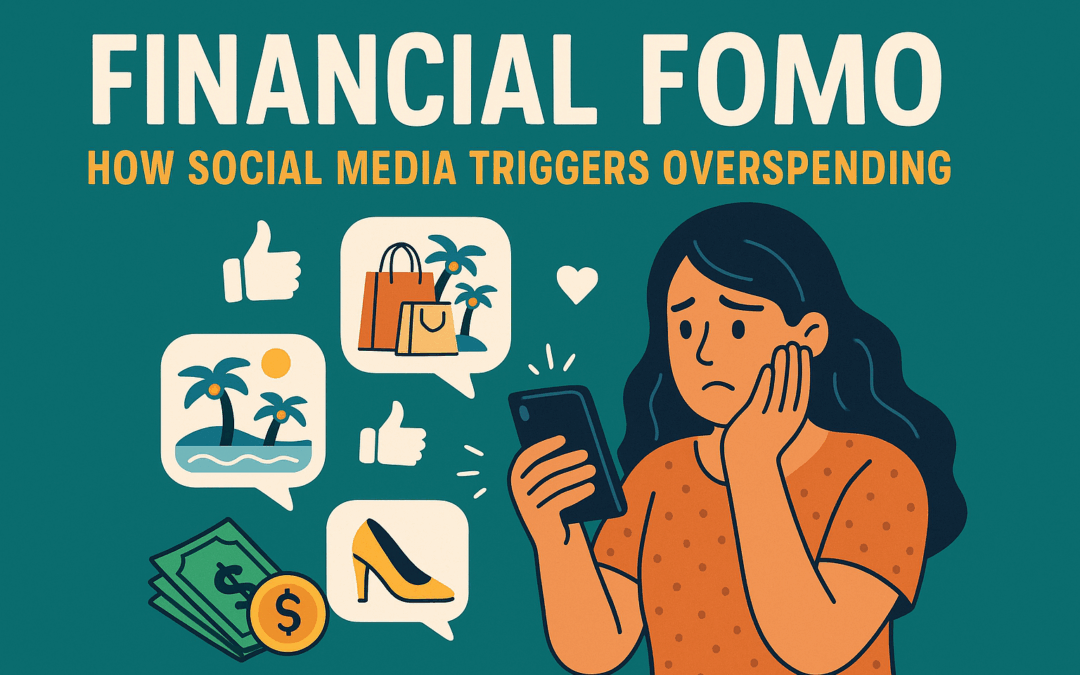From influencer hauls to luxury travel reels, social media platforms are designed to showcase lifestyles that often seem just out of reach. While it can be entertaining, this constant exposure to curated content can spark feelings of inadequacy and drive impulsive spending. Understanding how social media fuels these financial temptations is the first step toward protecting your wallet—and your peace of mind.
The Psychology Behind Financial FOMO

At its core, social media is built to capture attention and keep users engaged. Algorithms prioritize flashy content—whether it’s designer bags, exotic getaways, or the latest tech—that makes us pause and dream. Seeing peers or influencers living lavishly can create a fear of missing out, or FOMO, nudging us to spend money we hadn’t planned to.
This psychological pull is powerful. Research shows that people are more likely to make spontaneous purchases after viewing luxury or aspirational posts. Even if you logically know someone’s online life is filtered and edited, emotionally, it can still plant seeds of desire.
The Hidden Costs of Keeping Up

The ripple effects of financial FOMO go beyond just a few impulse buys. Trying to keep up with perceived lifestyles online can lead to chronic overspending, credit card debt, or neglecting long-term savings. Many users don’t realize the subtle ways costs add up—small splurges on clothing to match influencer trends, extra dinners out, or even “buy now, pay later” purchases for gadgets seen on a friend’s feed.
Over time, these expenses chip away at your financial stability. You might delay building an emergency fund or saving for a goal that truly matters to you. Worse, the cycle often repeats: buying things to feel better after seeing someone else’s highlight reel, only to regret it later.
How to Scroll Smarter and Spend Less

Awareness is your best defense. Start by curating your feed—mute or unfollow accounts that tempt you into spending. Follow creators who focus on budgeting, minimalism, or financial literacy to shift your mindset. It also helps to set personal spending rules, like waiting 24 hours before buying anything you first saw online.
Consider using apps that track your spending and alert you when you veer off budget. And remember: what people post rarely tells the whole story. For every glamorous trip or shopping spree, there may be credit card bills and stress lurking behind the scenes. By keeping perspective, you can enjoy social media without letting it dictate your spending habits.

